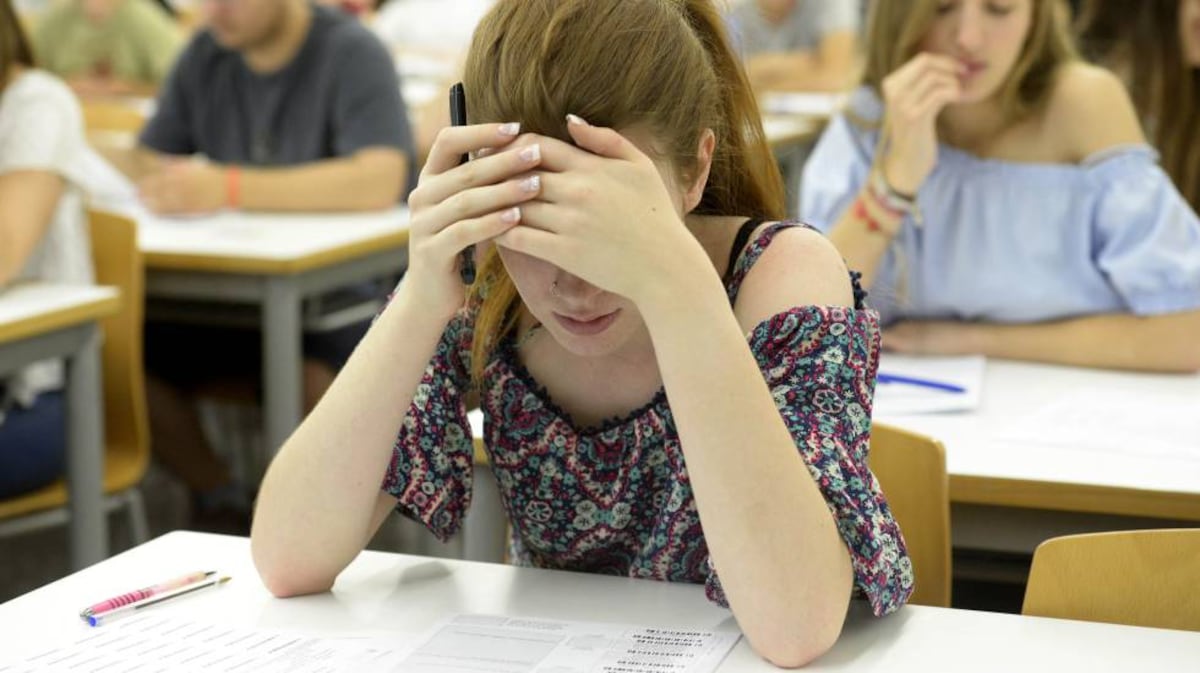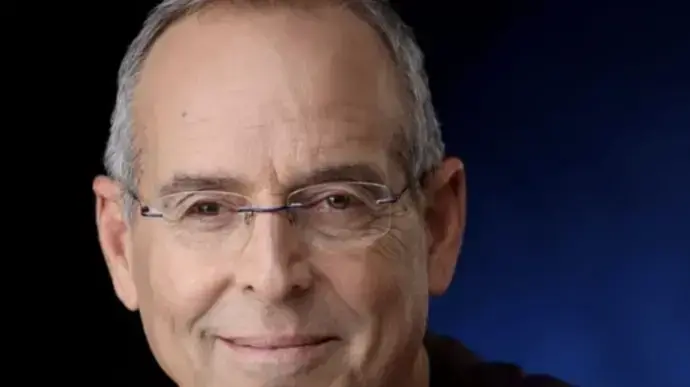Campus of Stanford University, in California. David Madison (Getty Images)
US President Joe Biden says he is “seriously considering” alleviating student debt, which is likely to mean a major reduction in student commitments is on the way.
On the one hand, Biden promised it in the 2020 campaign. On the other hand, it is a progressive priority that he can address through executive action, an important aspect considering the extreme difficulty of getting anything through a Senate. divided equally.
How much help will you offer students?
I have no idea.
How much should you offer?
I am in favor of going as far as the political realities allow, but I understand that too generous a waiver could produce a backlash.
And I'm not sure I know where the line should be drawn.
What I think I know is that much of the backlash against proposals to reduce student debt is based on a false premise: the belief that Americans who have gone to college are often members of the economic elite.
The falsity of this proposition is obvious to those who were exploited by predatory institutions for profit that pushed them into debt to obtain more or less useless titles.
The same can be said of those who went into debt to study, but never managed to get a degree, which are not few.
In fact, about 40% of student loan recipients never finished their education.
But even among those who have completed it, a college degree is rarely a guarantee of financial success, and I'm not sure how aware this reality is.
What is widely recognized is that the United States has become a much more unequal society over the last 40 years or so.
On the other hand, what this growing inequality consists of is not as well known.
I keep coming across seemingly well-informed people who believe that, above all, we are looking at a widening gap between the highly educated and the rest.
There was some truth to this view in the 1980s and 1990s, although even then it did not explain the huge increases in income at the top of the distribution, that is, the rise of the 1%, and even more so among the bottom 0.01%. .
The truth, however, is that since 2000, most college graduates have seen their incomes stagnate or even decline.
The Economic Policy Institute conducted a very useful analysis of this data just before the pandemic.
Between 1979 and 2000, there was a rough coincidence between the rise in one of the measures of overall inequality—that is, the difference between wages at the 95th percentile and those of the median worker—and his estimate of the median wage advantage of workers. workers with university studies.
In contrast, since 2000, wage inequality has continued to rise, while the college premium has barely changed.
Moreover, not all graduates have had the same experience.
Some have done quite well, while many have not seen any substantial improvement in their income.
Today, Americans in the 95th percentile don't consider themselves rich, because they aren't, and certainly not compared to CEOs of big companies, hedge fund investors, and other salary elites.
But they have seen their income increase significantly.
On the other hand, the typical university graduate —which is, let's remember, a person who finished his studies and received an official title— no.
Here's how I see it: much of the student debt weighing down millions of Americans can be attributed to false promises.
Some of those promises were outright scams.
Think of Trump University.
Even those who weren't directly duped were lured in by messages from the elite that a college degree was a ticket to economic success.
Too many of them did not realize that the circumstances of their lives would possibly make it impossible for them to finish their studies.
Affluent upper-middle-class Americans find it hard to understand how difficult it can be for young people from poorer families with unstable incomes to stay in school.
Many of those who managed to finish discovered that the financial reward was much less than they thought.
And too many of those who fell victim to false promises ended up saddled with large debts.
Of course, there are many Americans who have suffered the consequences of growing inequality.
I wouldn't say that those in debt to pay for education are more victims than, say, truck drivers who have seen their real wages fall or families trapped in rural areas and small American cities in decline.
And we should help them all.
Unfortunately, most of the things we could and should be doing for Americans in need — like, say, expanding child tax relief — can't be done with 50 Republican senators, plus Joe Manchin.
Instead, relieving student debt is something Biden can do, so he should do it.
Paul Krugman
is a Nobel laureate in economics.
© The New York Times, 2022. Translation of News Clips
Exclusive content for subscribers
read without limits
subscribe
I'm already a subscriber

/cloudfront-eu-central-1.images.arcpublishing.com/prisa/NQWXKUBO55ELPDCGZIESW52ORQ.jpg)




/cloudfront-eu-central-1.images.arcpublishing.com/prisa/Q6UJ4IEP6ZGLZLS3MSHF7LNYOU.jpg)

/cloudfront-eu-central-1.images.arcpublishing.com/prisa/NYBERFPPHVEJVER4FIRIEAGGX4.jpg)
/cloudfront-eu-central-1.images.arcpublishing.com/prisa/HMWBQUP7WBCINF5UYMYS55EYF4.jpg)





